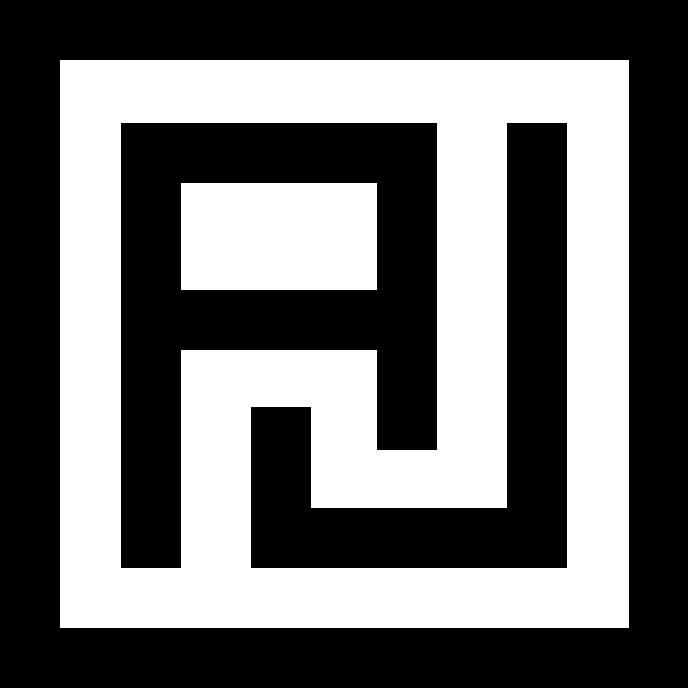Why do we do the things that we do?
Our habits, our routines, our modus operandi – do we ever stop to question why we do things that way? Probably not.
No matter what it is, from our morning routine to how we make a sandwich, at some point we figured it was the best way to do that thing and then we moved on.
The standard approach is that we encounter a problem and then we seek a solution. That process is usually a succession of attempts until one of them works. Full stop. We don’t go beyond that minimum threshold. We rarely go beyond and see if we can further improve on what just works.
It’s possible that what you picked from the outset is the best solution, but do you really know that for sure? I know I don’t in many aspects of my life.
Am I using the best tooth paste?
Am I better off working out in the mornings?
Am I a really a night owl?
Am I eating the optimal diet?
Any part of your life could use further diligence. Every aspect of what we do can benefit from further exploration beyond what works for us today.
We need to experiment.
__________
W
hile the consequences seem trivial in our day to day lives, they are much bigger when it comes to society at large. For some reason, we tend to find a position that fits our narrative and then we stick with it. It defines you.
The obvious example is politics: Democratic vs. Republican. When you’re in one of these buckets, you’re expected to follow that thinking to a T, with no deviation from the party line.
It’s a similar approach in health, sports, religion, and so on. The problem is that this approach is completely ridiculous because there is a single variable at play: knowledge.
If one is ignorant about a topic, they will form an opinion without complete information. That’s the best they can do.
What happens when more information is gained though? Should they not adjust their opinions accordingly? If they experiment and explore a subject, are they stuck with their original beliefs and opinions? The right answer is of course not, yet some hold fast to their beliefs and act as though they have their hands tied.
As they say, have strong beliefs, but loosely held. Give yourself the opportunity to change your opinions based on new information – it makes perfect sense, but that doesn’t mean we do it.
__________
D
ealing with such convoluted problems is beyond the purpose of this post, but it does circle back to the importance of experimentation in your personal life.
More often than not, we have rote routines and habits that are simply how we do things. The key is to become self-aware. Be mindful of the aspects of your life that fit this criteria and then question them. Why do you do things this way? Did you actually make a conscious decision or did you just fall into that behavior or approach or mindset?
Why do you do things this way? Did you actually make a conscious decision or did you just fall into that behavior or approach or mindset?
If it wasn’t a conscious decision then try to experiment with it and see if you’re missing out on something better. This doesn’t need to be life-altering, but it can certainly be fun.
What if you’ve always flossed with the same brand of floss. Never tried anything else. There’s hardly any downside to buy a handful of other brands and see which you truly prefer. You might find a brand that is wayyyy better than what you were using. And it doesn’t have to stop at floss.
You could test new brands of underwear or new types of coffee or new routes to work. It can be the most minuscule part of your day. And if you start to see value in the process, you can go from small experiments to larger ones.
All life is an experiment. The more experiments you make the better.Ralph Waldo Emerson
Most importantly, the point isn’t drastic change, but simply to engage in exploration, to be open-minded, and to challenge your assumptions.
At the very least it could change your life in small, but delightful ways. At the most it could completely change your mindset. Either way, it’s worth the fun.
